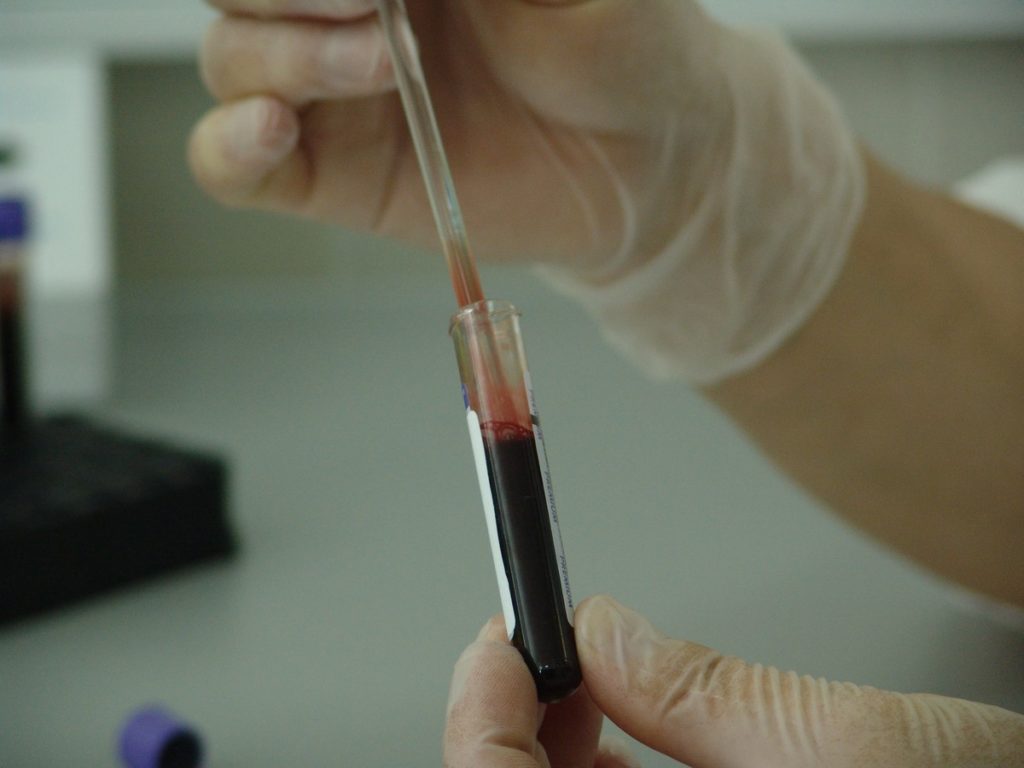Researchers from the Jessa hospital in Hasselt, together with the city’s university, are carrying out autopsies on 20 patients who died after being diagnosed with the coronavirus Covid-19 to find out the exact cause of death.
Since the beginning of the epidemic in Belgium, the official figures for hospital deaths have all involved cases of the disease confirmed by a test.
But while the deceased patients all have the infection in common, little is known about the proximate cause of death – the actual physical mechanism which led to the end of life.
Now the Jessa hospital has become the only hospital in the country to take part in research to find out the exact cause of death, using minimally invasive autopsies to study 20 fatalities. In this case, the autopsies use first a CT scan to scan the body from the head to just below the pelvis, taking in all of the major organs, explained Professor Janneke Cox, co-lead researcher and infectious disease specialist.
Next, using a biopsy needle, radiologist Dr Jan Vanrusselt takes cell samples from the major organs including the lungs (where the main symptoms of difficulty in breathing is rooted).
There are several reasons for the use of a minimally invasive technique.
“First, there is the safety aspect and the reduced risk of contamination of employees,” said Dr Cox.
“In addition, surviving relatives are also more ready to cooperate on a minimal invasive autopsy because there are hardly any injuries to the body. More than 70% of next of kin eventually agree to such an autopsy, which is a particularly high percentage. People often go along because they feel that way they can contribute to understanding Covid-19 better.”
The aim of the project is to help the medical profession to understand Covid-19 better, in particular what exactly the virus infection does in the body.
The Jessa team is also working with researchers from the universities of Hasselt, Ghent and Antwerp to carry out detailed studies on the immunological response of the body and the effects on body tissues.
“Using the results of the autopsies we can find out exactly what damage the virus caused, as well as which processes are important and which are not,” she said.
“We hope with these results to be able to contribute to treating this infection. We hope to publish the first results in the summer.”
Alan Hope
The Brussels Times

